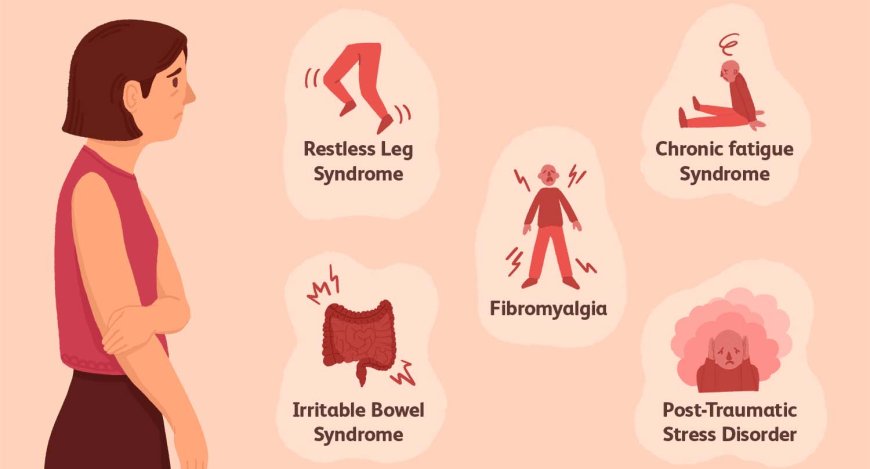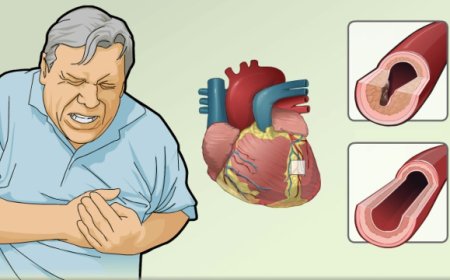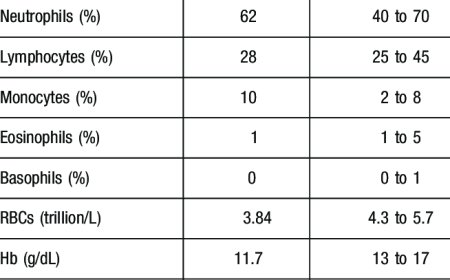Chronic Fatigue Syndrome(CFS)

Introduction :
In this article, we will take a deep dive into the world of Chronic Fatigue Syndrome (CFS), a condition that affects some people in India. We'll explore what CFS is, its signs and symptoms, causes, risk factors, types, diagnostic tests, treatments, complications, and prevention techniques, all explained in simple language for our 10-year-old readers.
Signs and Symptoms:
CFS can be like an unwelcome guest, causing extreme tiredness and affecting a person's daily life. Some common signs and symptoms of CFS include:
- Feeling very tired and weak, like our body needs extra rest even after sleeping.
- Muscle or joint pain, like having aches and pains all over.
- Difficulty in concentrating and remembering things, like having a hard time with schoolwork or play.
What is Chronic Fatigue Syndrome (CFS)? :
Chronic Fatigue Syndrome (CFS) is a condition that makes people feel tired for a long time, even after getting enough rest. It's like feeling sleepy all day, every day.
How Is Chronic Fatigue Syndrome (CFS) Classified? :
CFS is classified based on how long the tiredness lasts and how it affects a person's daily life. This helps doctors understand how to support and treat those with CFS.
Causes and Triggers:
The exact causes of CFS are not fully understood, but sometimes it can be triggered by different things. For example:
- Viral infections, like a bad flu, can sometimes lead to CFS.
- Stress or emotional challenges can also contribute to feeling tired and unwell.
Risk Factors with Examples:
Certain factors can increase the chances of a person having CFS. For example:
- Girls and boys around 10 years old may experience CFS, but it can happen to people of all ages.
- Sometimes, people who have been sick for a long time may be more likely to develop CFS.
Types of Chronic Fatigue Syndrome (CFS):
CFS doesn't have different types, but it can vary in how it affects each person. Some people may have more severe symptoms than others.
Diagnostic Tests and Their Use:
To diagnose CFS, doctors may use different tests to check how the body is doing. Some common tests include:
- Blood Tests: Doctors may take a small sample of blood to check for signs of infections or other health problems.
- Sleep Study: This involves spending a night in a special room where doctors can study how a person sleeps.
Treatments:
Treating CFS aims to improve a person's energy levels and overall well-being. Some common treatments are:
- Rest and Pace: Doctors may recommend taking enough rest and doing activities at a comfortable pace to avoid feeling more tired.
- Counseling: Talking to a friendly counselor or therapist can help manage stress and emotions.
Complications of Chronic Fatigue Syndrome (CFS):
If CFS is not managed well, it can affect a person's school, play, and daily activities, making them feel sad or lonely.
Prevention Techniques:
While CFS may not always be preventable, some techniques can help manage it and support overall well-being. For example:
- Eating healthy food and getting regular exercise can help keep the body strong.
- Talking to parents, teachers, or friends about feelings and emotions can make a big difference.
Remember, just like how we tackle challenges and overcome obstacles in games and adventures, those with CFS can find support and relief through medical care and understanding. If anyone feels extremely tired or unwell, it's essential to talk to a healthcare professional for proper evaluation and guidance. Together, we can navigate life's journey in India with strength and resilience, embracing every joyful moment and staying true to ourselves!
What's Your Reaction?
 Like
0
Like
0
 Dislike
0
Dislike
0
 Love
0
Love
0
 Funny
0
Funny
0
 Angry
0
Angry
0
 Sad
0
Sad
0
 Wow
0
Wow
0








































































